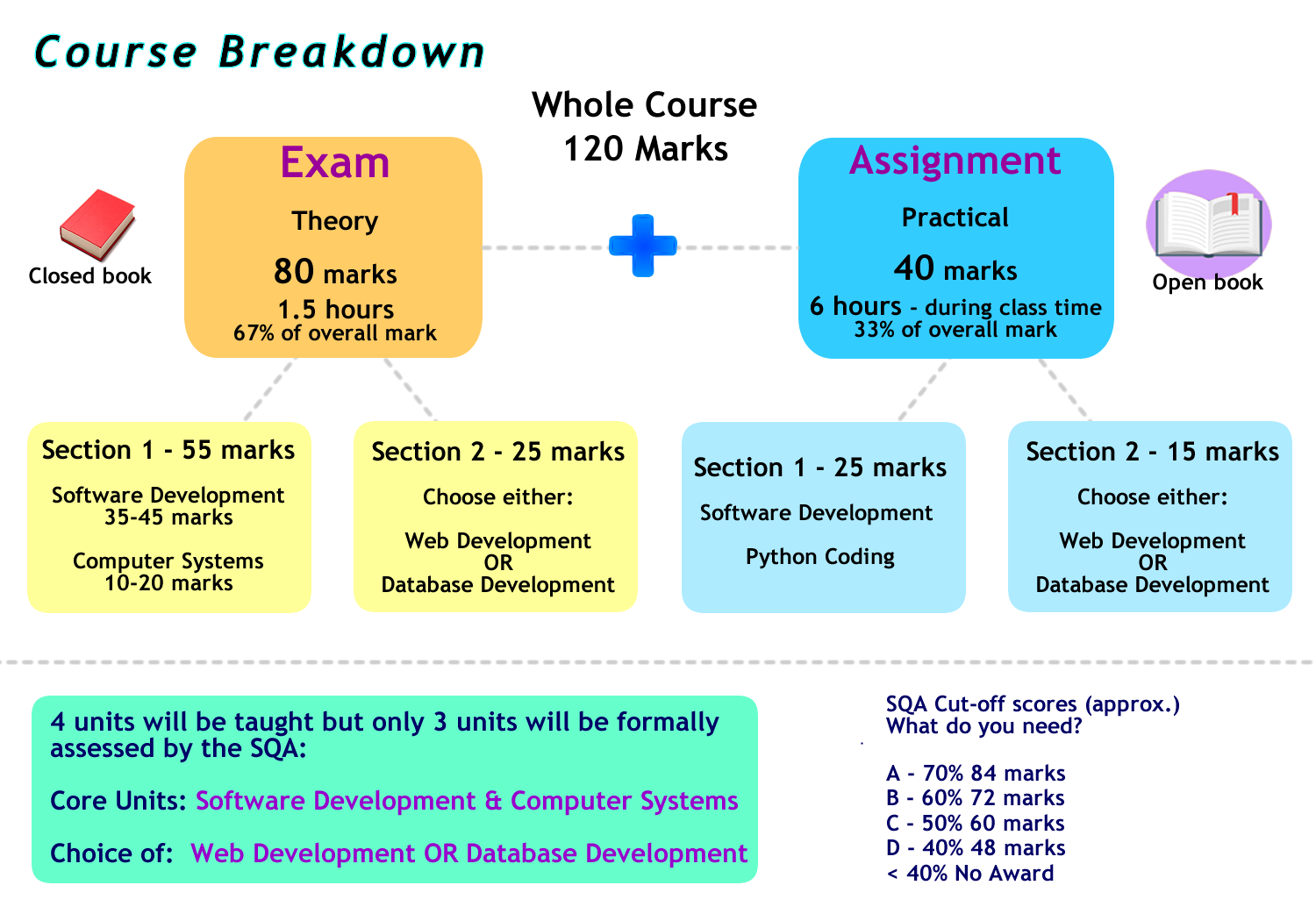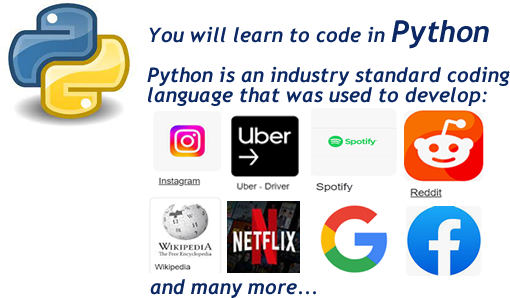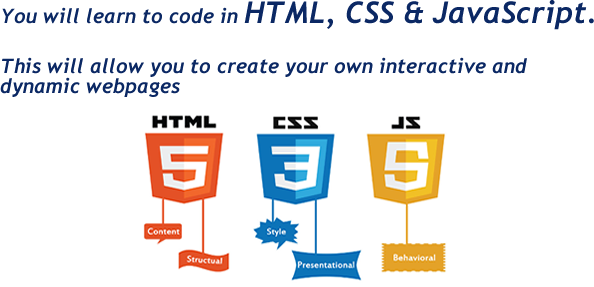Computing Science
Computing Science
|
Why study Computing Science?
Computing Science is vital to everyday life – on social, technological and economic levels. It shapes the world in which we live and its future. Our world is increasingly aided by software and information technologies and we need people equipped to help build it. It is thought that 65% of primary school pupils today will work in jobs that don’t currently exist, so exposure to Computing Science disciplines is critical. Studying Computing will introduce the fundamental aspects of computer coding, web page creation, database development and provide an insight into computer architecture. You will learn valuable transferrable skills, such as: problem solving, creative thinking, resilience and team working which are increasingly sought throughout all industries and sectors. |
Watch the Computing Science Promo Video
|

Find out more on the SQA Computing page: https://www.sqa.org.uk/sqa/48477.html
Our courses aim to help you develop a range of computing and computational thinking skills. You will learn how to analyse and solve problems and develop skills in design and modelling, developing, implementing and testing digital solutions across a range of contemporary contexts. You will also look at the legal and environmental impact of computing technologies.
Throughout the BGE and Senior classes you will learn:
Our courses aim to help you develop a range of computing and computational thinking skills. You will learn how to analyse and solve problems and develop skills in design and modelling, developing, implementing and testing digital solutions across a range of contemporary contexts. You will also look at the legal and environmental impact of computing technologies.
Throughout the BGE and Senior classes you will learn:
- Programming constructs using a range of languages including Microbit, Scratch and Python
- Webpage Creation using HTML 5, CSS and JavaScript
- Database Creation using SQL
- Computer Architecture
- Low Level Operations and Data Representation
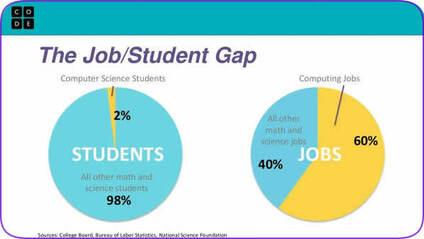
Computing is an exciting, dynamic field that is constantly changing and drives innovation in the sciences, engineering, creative industries and business - Future opportunities in computing are without boundaries!
Career opportunities: https://www.planitplus.net/CareerAreas/View/8
Hover your mouse over the buttons below to see a more detailed breakdown of the units and assessment breakdown for our courses.
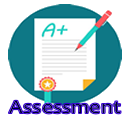
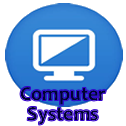
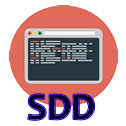

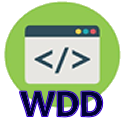
Computer systems
You will:
- develop an understanding of how data and instructions are stored in binary form and basic computer architecture
- gain an awareness of the environmental impact of the energy use of computing systems and security precautions that can be taken to protect computer systems.
Software Design and Development
You will:
- develop knowledge, understanding and practical problem-solving skills in software design and development, through a range of practical and investigative tasks using appropriate software development environments
- develop your programming and computational-thinking skills by implementing practical solutions and explaining how these programs work. Tasks involve some complex features (in both familiar and new contexts), that require some interpretation by you be expected to analyse problems, and design, implement, test and evaluate your solutions.
Database design and development
You will:
- develop knowledge, understanding and practical problem-solving skills in database design and development, through a range of practical and investigative tasks.
- apply computational-thinking skills to analyse, design, implement, test, and evaluate practical solutions, using a range of development tools such as SQL
- carry out some tasks involving some complex features (in both familiar and new contexts), that require some interpretation by you.
Web design and development
You will:
- develop knowledge, understanding and practical problem-solving skills in web design and development, through a range of practical and investigative tasks
- apply computational-thinking skills to analyse, design, implement, test and evaluate practical solutions to web-based problems, using a range of development tools such as HTML, CSS and Javascript
- carry out tasks that involve some complex features (in both familiar and new contexts), that require some interpretation by you.
